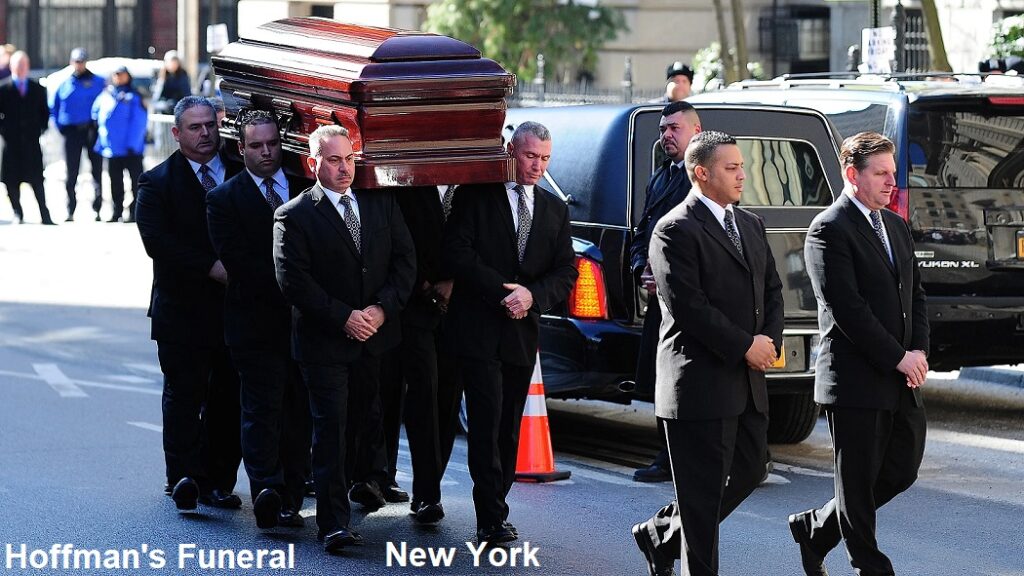
A Brilliant Actor Silenced by Addiction
On February 2, 2014, the world was shaken by the Philip Seymour Hoffman overdose—an acclaimed genius of the screen, found dead at 46 from heroin. Discovered with a syringe still in his arm and over 70 bags of heroin nearby, his tragic end stunned Hollywood and devastated his family, fans, and colleagues.
Hoffman’s death wasn’t about stardom. It was about addiction’s relentless grip, even on the most intelligent, successful, and seemingly stable individuals.
If it could happen to him, it can happen to anyone.
A Long Battle with Addiction, Silently Resurfacing
Hoffman had battled addiction in his youth and remained sober for over 23 years. But in 2013, during a break in his career and under growing personal stress, he relapsed—first with prescription pills, then quickly back to heroin. Luxury rehab is available for working professionals with private insurance — confidential & same-day placement. Call now to hear your options before its too late.

Timeline Leading to His Overdose
May 2013: Hoffman checked himself into rehab for 10 days after relapsing
February 2, 2014: Found dead in his Manhattan apartment
Autopsy Report: Acute mixed drug intoxication—heroin, cocaine, amphetamine, and benzodiazepines
He had no intention of dying that day. He had meetings scheduled. He had a family. He was functioning—until he wasn’t. In a past interview, Philip Seymour Hoffman hinted at how he viewed treatment—not as a cure, but as a strategic pause.
“Sometimes I chose treatment. Sometimes I was pushed into it. But either way, it was a way to hit pause—to delay the inevitable.”
For Hoffman, rehab was a reset button—not a miracle. It bought him time.
Time to breathe. Time to reconnect. Time to live.
And though it didn’t save him in the end, it saved him many times before.

Why His Story Matters to You or Someone You Love
Philip Seymour Hoffman’s relapse didn’t happen overnight—and neither does yours or your loved one’s.
Relapse is not failure—it’s part of the disease. And without immediate, comprehensive treatment, it can be fatal.
Relapse often leads to long, agonizing hours in the ER—5 to 8 hour waits filled with heartbroken family and friends, watching and hoping.
You need to get out—and get help—fast.
The good news? Here in Florida, help is just steps away from that emergency room door.
📞 Call now for private rehab. Speak to a licensed professional, explore your treatment options, and take the first step—before it’s too late.

🚩 Warning Signs of a Return to Use:
- “Just one pill” mentality
- Reconnecting with old contacts or environments
- Withdrawing from accountability partners or family
- Loss of structure or purpose after a major life event
- Growing mental health struggles (depression, anxiety, shame)
He never looked like what most people expect of a “heroin addict.” That’s why this is your wake-up call.
Addiction doesn’t care about wealth, IQ, or fame. It cares about opportunity—and secrecy.
Private Treatment Saves Lives—Act Before It’s Too Late
If you or someone you love is in recovery but showing signs of struggle, don’t wait for the next overdose headline.
📞 Call now to speak with a licensed addiction specialist.
🏥 Private insurance accepted — full residential care may be covered.
🚑 Same-day placement available for urgent admissions.
💼 Discreet luxury rehab options for executives and professionals.

What You May Not Know About Heroin Addiction
🔬 The Brain Chemistry of Relapse
Heroin changes the brain’s reward pathways. Even after years of sobriety, stress or a single trigger can reawaken cravings at full strength—and the body is no longer tolerant, making relapse riskier than ever.
🔥 The New Danger: Fentanyl
Many heroin deaths today involve fentanyl-laced bags—up to 100x stronger than morphine. It’s cheap, powerful, and often unknowingly purchased by users—leading to immediate overdose.
Frequently Asked Questions
❓ How do I know if someone is using heroin again?
Look for:
- Pinpoint pupils
- Sudden weight changes
- Track marks on arms or legs
- Drowsiness or “nodding off”
- Lying about whereabouts or money use
❓ Can people overdose after years of sobriety?
Yes. In fact, the first relapse after a long period of abstinence is often the most dangerous, as the body’s tolerance is gone, but the user assumes they can use previous doses. Private insurance? You may qualify for full treatment at no cost. Listening and asking are always free. Call now and hear about your options before its too late.

❓ What’s the first step to helping someone who’s relapsing?
Call a rehab specialist or interventionist.
Don’t wait for “rock bottom.” Rock bottom might be fatal.
📣 Final Word: Honor His Memory by Saving a Life
Philip Seymour Hoffman gave the world unforgettable characters—truth-tellers, outsiders, tortured geniuses. But his most human role was the one he couldn’t play on screen—a man struggling to stay clean.
His legacy is a warning. And a call to act.
Don’t wait until it’s too late.

📞 Make the call now.

Recovery is possible. But it starts with one choice.
📞 💬The Next Step Before It’s Too Late?
If you or someone you love is struggling with addiction, answer these 3 quick questions to speak with a recovery advisor:
- Do you need inpatient treatment for alcohol or drug addiction?
- Do you have private PPO insurance or $15,000+ available for care?
- Are you willing to travel out of state for treatment? (A change of scenery produces better outcome)
✅ If you answered YES to all 3, tap here to speak with an advisor now. 🔒 100% Confidential.
📞 💬 Call for Help:
Read More on AddictionCured.com
📝 More Celebrity Overdose Cases:
- The Untold Story of Michael K. Williams’ Fatal Overdose
- Prince’s Tragic Overdose: How Fentanyl Stole a Music Icon
- Michael Jackson’s Tragic Overdose: The Dangerous Prescription That Ended the King of Pop’s Life
- Rapper Rich Homie Quan’s Fatal Overdose Highlights the Ongoing Opioid Crisis
- Matthew Perry’s Fatal Ketamine Overdose Highlights the Dangers of Unregulated Drug Use
- Brian Matusz: The MLB Pitcher’s Tragic Overdose Story
 Skip to content
Skip to content